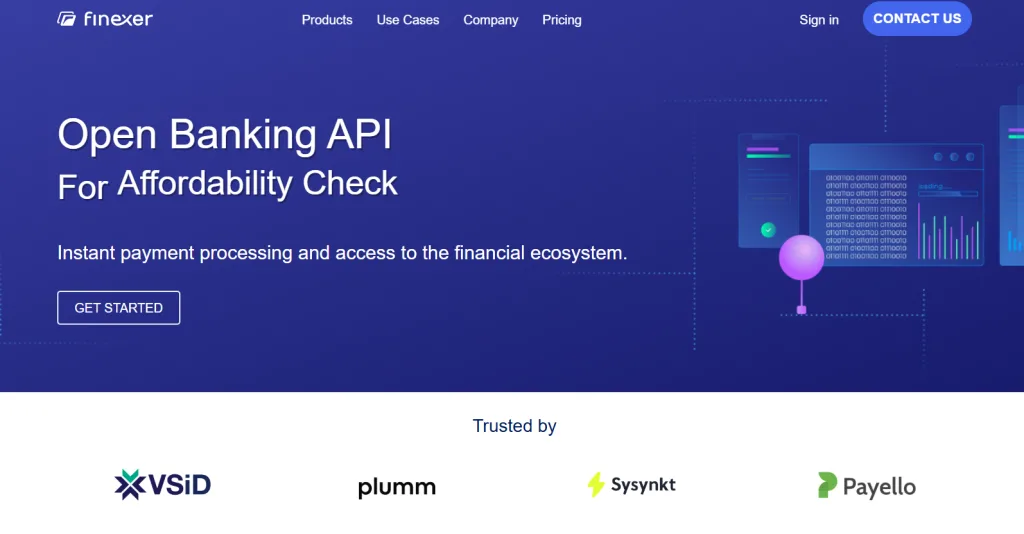UK Open Banking is entering a stricter, more structured phase. The shift is driven by the FCA, PSR, JROC, and the upcoming Future Open Banking Entity — all working to strengthen consistency, data protection, and API performance across the ecosystem.
For providers, the next 18 months will be shaped by tighter rules, clearer accountability, and higher expectations around security, consent, uptime, and reporting. This is why open banking governance is now a priority for every platform handling payments or account data.
In simple terms: the UK is moving from experimentation to standardisation. Providers that keep pace will deliver safer, more predictable experiences for businesses and end-users.
The UK’s Updated Open Banking Governance Structure (2025–26)
From 2025 onwards, Open Banking oversight in the UK moves under a clearer, multi-layer model. Each body handles a different part of the framework.
1. Financial Conduct Authority (FCA)
- Sets rules for authorised providers.
- Ensures firms follow required conduct and data-sharing standards.
2. Payment Systems Regulator (PSR)
- Monitors Pay by Bank performance.
- Handles matters related to disputes, service quality, and customer safeguards.
3. Joint Regulatory Oversight Committee (JROC)
- Publishes the strategic plan for Open Banking.
- Guides future priorities, technical milestones, and policy updates.
4. Future Open Banking Entity (successor to OBIE)
- Will manage long-term technical standards.
- Oversees API specifications, operational reporting, and ecosystem-wide guidance.
For providers, this structure means clearer rules, more consistent supervision, and defined expectations across security, consent, uptime, reporting, and overall open banking governance.
Governance Changes That Will Directly Affect API Providers
| Governance Change | What It Means for Providers | Practical Impact |
|---|---|---|
| Standardised API Specifications | Banks will follow a more uniform technical structure. | Reduced integration differences, fewer edge-case errors, easier long-term maintenance. |
| Stricter Performance Reporting | Mandatory publication of uptime, latency, and error metrics. | Greater transparency, closer monitoring from regulators, pressure to maintain consistent performance. |
| Clearer Rules for Consent Journeys | More defined requirements for permission screens, logging, and revocation. | Improved customer clarity, stronger audit trails, fewer access-related disputes. |
| Oversight of Premium vs. Free APIs | Guidance on pricing models and commercial terms. | Reduced unpredictability in charges, clearer expectations for clients. |
| Defined Responsibilities for TPPs | Clearer assignment of liability and customer-handling obligations. | More structured dispute processes and smoother handling of payment issues. |
Staying Aligned With Governance Updates
The changes above aren’t one-off adjustments. Providers will need ongoing checks across performance, consent, security, and reporting. The checklist below summarises the monthly reviews that help teams stay aligned with UK open banking governance through 2025–26.
Monthly Governance Checklist for Providers
| Checklist Area | What to Review Monthly |
|---|---|
| API Performance Logs |
• Uptime records • Latency trends • Error spikes • Endpoint-level issues |
| Consent Audits |
• Active permissions • Revoked or expiring consents • Accuracy of consent logs • Updated permission screen text (if guidance changes) |
| Security Controls |
• Token rotation • Access anomalies • SCA flow testing • Patch and vulnerability updates |
| Data-Sharing Compliance |
• Access scopes vs. user consent • Data retention timelines • Deletion of expired data |
| Incident Reporting Readiness |
• Updated internal procedures • Current communication templates • Up-to-date bank & TPP contact lists |
| Regulatory Updates |
• FCA notices • PSR publications • JROC updates • Future Entity guidelines |
How Finexer Helps UK Businesses Meet Open Banking Governance Standards

The updated UK governance model raises expectations around consent handling, reporting, operational monitoring, and data access. Finexer’s platform is designed to help businesses stay aligned with these requirements while using AIS and Pay by Bank.
1. FCA-Authorised AIS & PIS
Finexer operates under full UK approval, giving businesses a compliant route to access account data and initiate payments without additional regulatory load.
2. 99% UK Bank Coverage
Nearly universal connectivity ensures consistent access to payment accounts and transaction data, reducing failed journeys caused by missing bank connections.
3. Full-Length Transaction Data (No Limits)
Businesses can retrieve complete banking history within the permissions granted — useful for affordability checks, KYC reviews, reconciliations, and income assessments.
4. Accurate Consent & Audit Controls
Clear permission flows, detailed logs, and transparent data-handling records make it easier for compliance teams to demonstrate adherence to UK open banking governance.
5. Operational Insights for Monitoring
Finexer provides clear reporting on endpoint behaviour, access outcomes, and error patterns to support internal oversight responsibilities.
6. Fast Integration (2–3x Quicker Than Market Norms)
Businesses can adopt AIS and Pay by Bank faster, keeping internal timelines on track even as governance expectations tighten.
7. Guided Implementation for 3–5 Weeks
Finexer works directly with engineering and compliance teams to ensure correct setup, smoother testing, and a clean go-live.
Conclusion
The UK’s 2025–26 governance updates are designed to bring clearer rules around consent, performance, security, and reporting. For businesses using Open Banking, this means a more predictable and transparent environment for handling payments and account data.
Staying aligned with these requirements is now part of day-to-day operations. With Finexer’s regulated AIS and Pay by Bank platform, UK firms get consistent bank coverage, complete transaction access, and clear audit controls that fit directly into the standards outlined by the new governance model.
The shift ahead is significant, but practical. Businesses that adapt early will benefit from steadier performance, cleaner compliance processes, and greater confidence in the way financial data is accessed and used.
Get a walkthrough of how Finexer fits into your compliance and operational workflows: Book a demo now !
